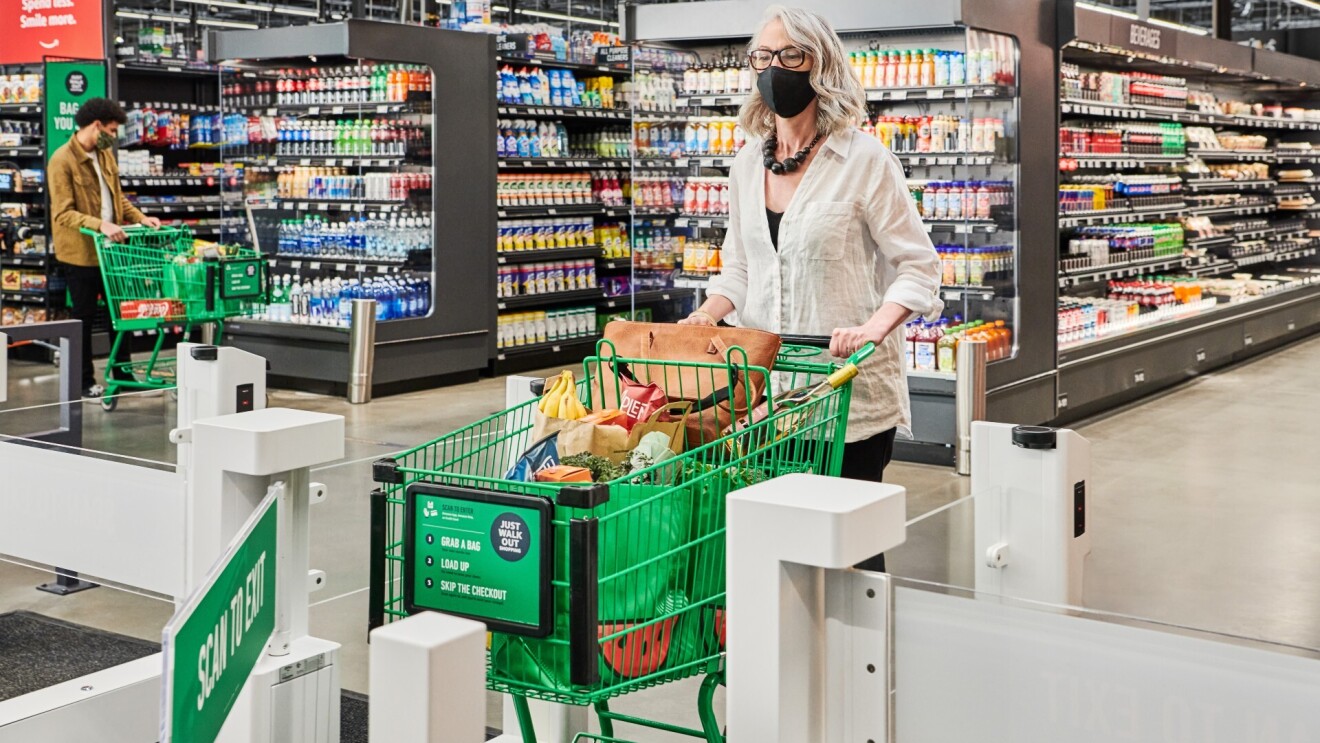In 2018, the global giant Amazon opened the first “Just Walk Out” store in Seattle. The media depicted it then, as it still does now, as the shop of the future and the future of shopping. In 2021, Portugal’s largest retail chain opened ‘Continente Labs’, a self-described autonomous store. With their emphasis on automation and autonomy these stores seem aligned with longstanding imaginaries where information and connectivity are cherished as symbols of smartness, progressand innovation at the service of convenience and consumption. Yet, although depicted as ‘autonomous’, these stores are best understood as vast socio-material infrastructures comprising an assemblage of carefully configured spaces, materials, technologies (AI, machine learning, machine vision, internet of things, etc), people, and knowledges. Besides positing the same risks as other information and communication technologies (ICTs), such as data protection, security and privacy, these shops pose additional questions of infrastructural agency, power, artificial intelligence, continuous surveillance, tracking, and behavior experimentation and manipulation.
The core goal of this project is to examine how autonomous stores are discursively and materially constituted, maintained and used. We seek to examine the worlding practices (Haraway 2016) of these infrastructures to ask what worlds they produce, transform and reify, and with what implications. To do so we investigate two complementary issues:
(1) identifying and examining the sociotechnical imaginaries that animate, drive and justify the development and regulation of these sites; as well as the discourses, assumptions — about humans, technology and their desirable relationships — that materialize in their infrastructures;
(2) examining the situated material-semiotic assemblages and practices through which autonomous shops are implemented, maintained and used; as well as the underlying understandings of autonomy and agency. Here, we focus our analysis on ‘Continente Labs’ where we have already conducted an exploratory interview with the store manager.
The project relies on a combination of science and technology studies (STS), media studies, ICT studies, critical infrastructure studies, feminist technoscience and design, and is managed by an interdisciplinary team of researchers (Ana Viseu and Paulo Nuno Vicente, ICNOVA; Hande Ayanoglu, IADE; and Ana Delicado, ICS) and external advisors (Lucy Suchman, Univ. of Lancaster, and Jonathan Gray, King’s College).
This project is also a springboard to a future application to EU research funding, with an international consortium, to engage in a broader study of the agency of infrastructures an issue that is all the more important as great parts of our lives are made of/into data.
Ana Viseu

